HHS Report Urges Therapy Over Transitions for Gender Dysphoria, Citing Trump's Orders
A comprehensive assessment of transgender treatments for young people revealed significant doubt regarding the alleged advantages of these interventions—and recommended that physicians prioritize psychological counseling over other methods when dealing with gender dysphoria.
The researchers found that numerous treatment methods for children experiencing gender dysphoria gained widespread use even before research could establish their safety. This conclusion was part of a comprehensive 409-page report from the Department of Health and Human Services.
"The umbrella review concluded that the overall quality of evidence regarding the impact of any intervention on mental well-being, quality of life, instances of regret, or long-term health is very low," according to the HHS' Gender Dysphoria Report, which evaluated frequently cited research on transgender treatments.
This suggests that the positive outcomes documented in studies probably vary significantly from the actual impacts of these interventions.
President Trump signed an executive order In January, instructing HHS to undertake an assessment of optimal practices for addressing gender dysphoria within 90 days, which was published on Thursday.
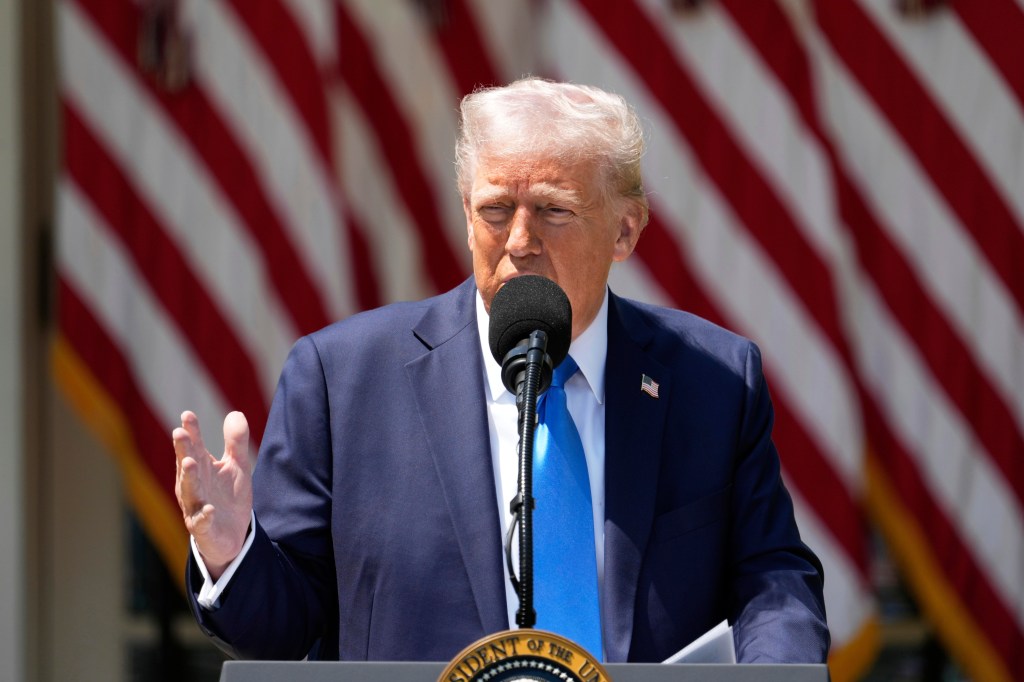
The controversial transgender treatments for minors examined in the extensive HHS report encompass the utilization of pubertal suppressants, hormonal therapies, and surgical procedures.
Although the report emphasized that it does not serve as a "clinical practice guideline," it analyzed 17 systematic reviews of transgender treatments for minors and found insufficient evidence to indicate these interventions led to significant improvements in mental health.
STAY INFORMED ABOUT RECENT DEVELOPMENTS BY JOINING OUR MORNING REPORT NEWSLETTER.
In certain cases, this occurred due to studies failing to adequately assess patient outcomes or focusing on individuals who were already considered "high-functioning" at the start.
The HHS report stated that "Several systematic reviews have determined that the evidence backing the advantages of pediatric transition interventions—including puberty blockers, cross-sex hormone therapy, and surgeries—remains 'of very low certainty.'"
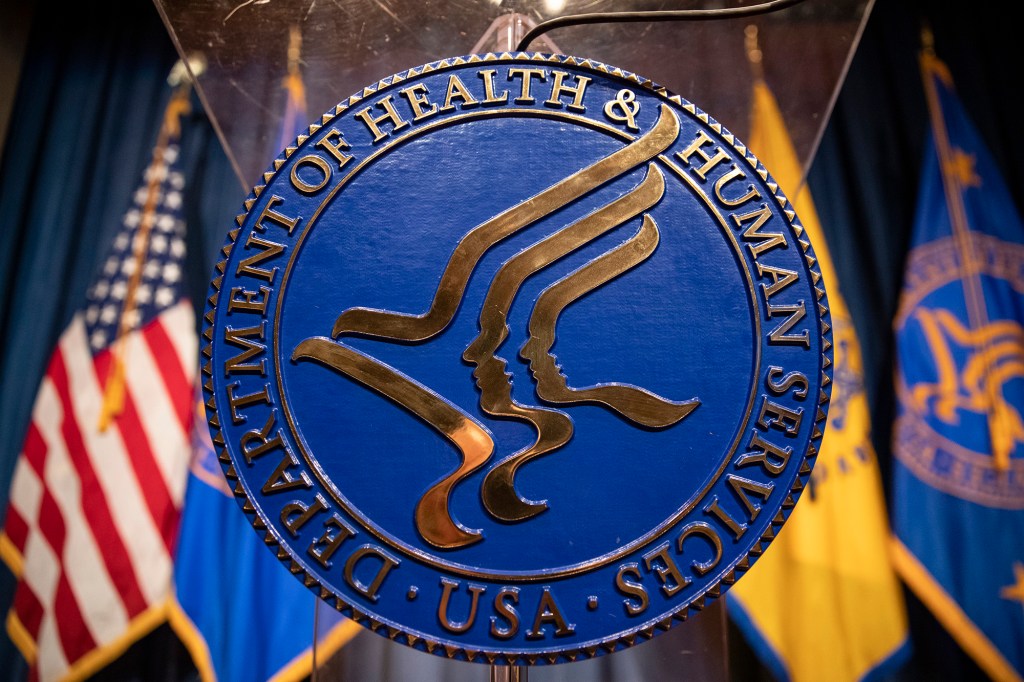
“Every medical procedure has the possibility of causing damage.”
Much of the research on transgender issues has been carried out abroad. A prominent example is the Dutch Protocol, first published in 2006, which detailed "heavily medicalized" approaches for treating adolescents experiencing gender dysphoria, such as using pubertal suppressants.
For many years, the Dutch Protocol was widely considered the benchmark for addressing gender dysphoria in youth. Over time, however, this guidance has become less stringent, with several of its qualifying limitations being reduced.
After the release of the Dutch Protocol in 2006, there was a significant increase in gender-affirming treatments for young people.
According to the HHS report, approximately 3.3% of American teenagers identify as transgender. In addition, around 0.1% of those aged 17 underwent hormone therapy from 2018 through 2022.
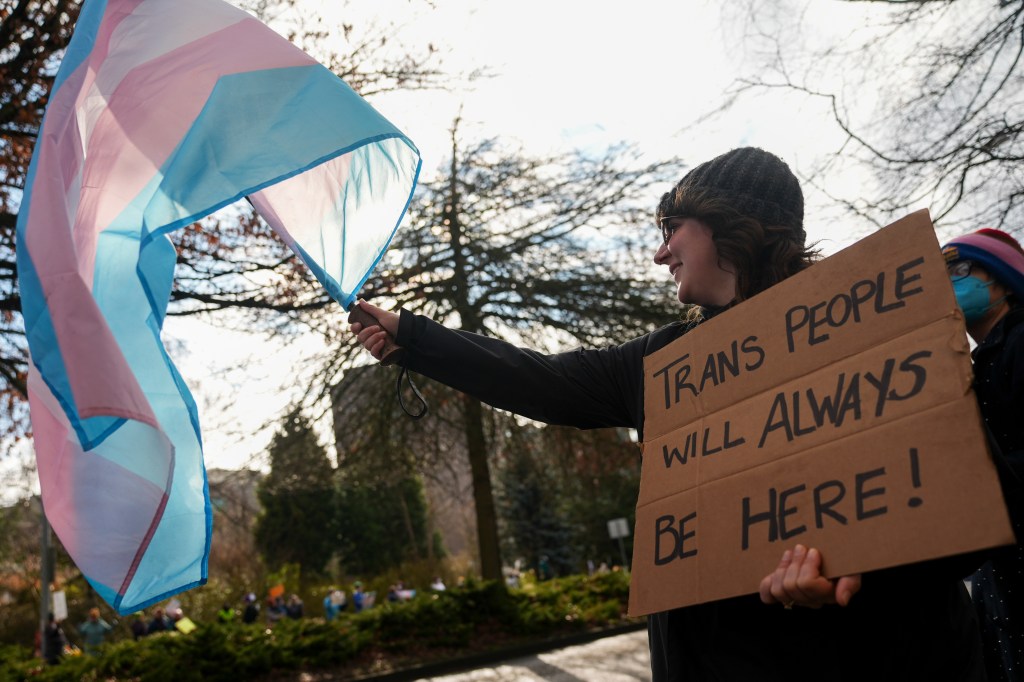
However, HHS researchers discovered that the Dutch Protocol had "methodological flaws" which were largely ignored by the wider medical community following its release.
"The study had a limitation due to its retrospective selection of 70 participants from an initial 'intention-to-treat' pool of 111 individuals using non-randomized approaches," according to the HHS report.
This selection method unintentionally skewed the sample towards instances with the best predicted outcomes, thus restricting the broader applicability of the research conclusions.
The HHS report warned that there is "substantial toxicity and polarization associated with this area of medicine."
The researchers cited in the HHS report often referred to the United Kingdom’s Cass Review, a comprehensive four-year investigation conducted by the National Health Service. This review also critically examined methodological aspects of traditional research on transgender issues.
They recognized as well that there is "a rising global worry regarding medical transitioning for children" and noted how various nations abroad are progressively limiting transgender-related treatments for young individuals.
The HHS report highlighted that "there is presently no global agreement on optimal guidelines for the treatment of children and adolescents experiencing gender dysphoria."
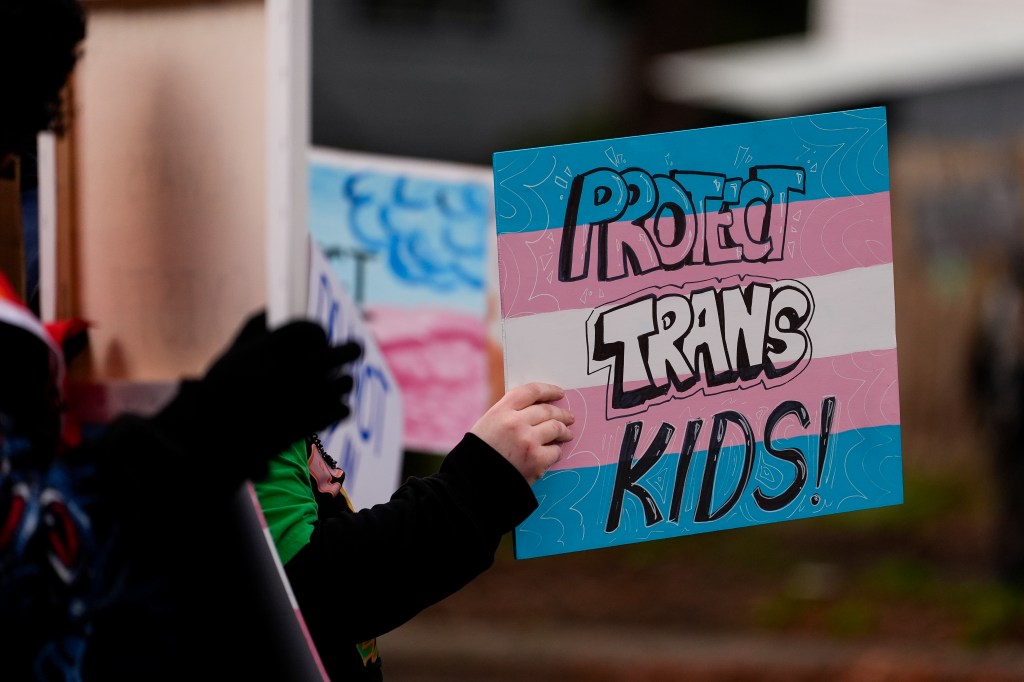
Nevertheless, the medical ethicists, physicians, and methods involved in assembling the HHS review emphasized the possible advantages of using psychotherapeutic techniques to address gender dysphoria in young individuals.
Researchers from HHS acknowledged that "concrete proof supporting psychotherapy" for children experiencing gender dysphoria is scarce; however, they contended that "existing evidence suggests the potential benefits of incorporating psychotherapy."
addressing mental health issues such as depression in children and teenagers.
The HHS report has garnered varied responses within the medical sector.
Susan Kressly, who serves as the president of the American Academy of Pediatrics, strongly criticized the report, asserting that it depended excessively on "a limited range of data" and "biased viewpoints."
This report distorts the present medical agreement and does not accurately portray the truths of child healthcare, She stated in an announcement .
Dr. Stanley Goldfarb, who leads Do No Harm—a group against what they term as gender transition procedures—welcomed the HHS evaluation for highlighting "several significant hazards associated with the medical transitioning process in adolescents."
The report indicates a 'paucity of strong evidence' supporting these medical interventions," Goldfarb stated. "Now more than ever, it is evident that we should terminate this misdirected practice and substitute it with treatments based on solid evidence for children experiencing gender confusion.
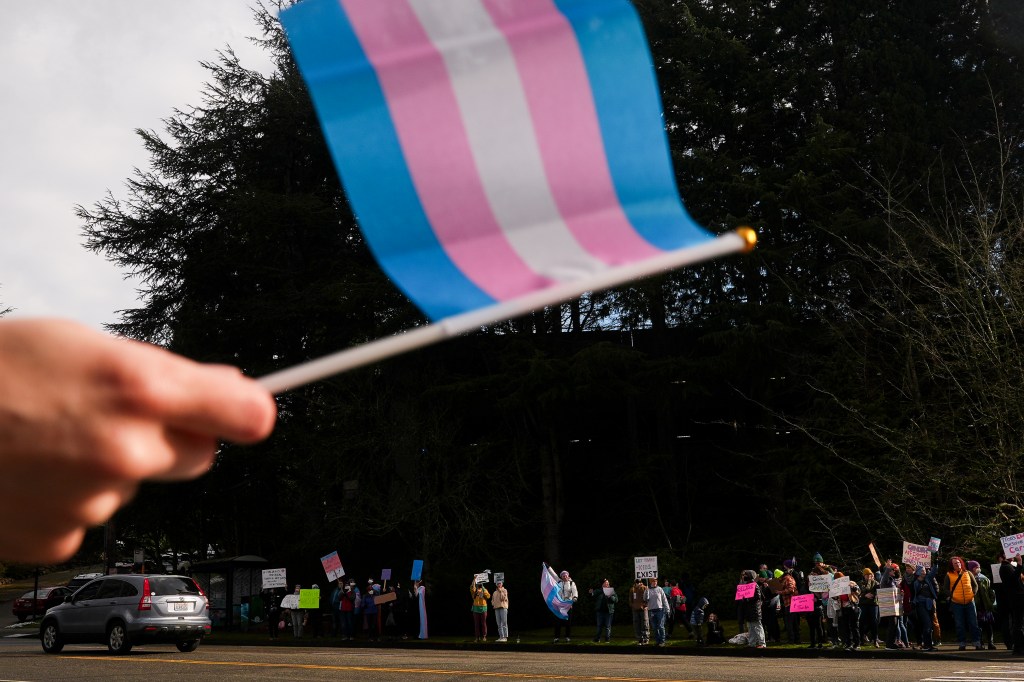
Trump’s directive for the HHS study was nestled in a broader January executive order to cut off government funding to support or promote operations for child sex changes.
Dr. Jay Bhattacharya, who leads the National Institutes of Health (NIH) and whose organization assisted in conducting the HHS study, emphasized the importance of keeping political objectives from interfering with scientific research.
Our responsibility is to safeguard our country's children rather than subjecting them to experimental and permanent medical procedures," Bhattacharya stated. "We should adhere to the rigorous standards of scientific research instead of following activist initiatives.
Once released, the HHS study entitled "Review of Evidence and Best Practices for Treating Pediatric Gender Dysphoria" will undergo peer review.
Once the peer review process has concluded, an updated edition of the report will be forthcoming.

Post a Comment for "HHS Report Urges Therapy Over Transitions for Gender Dysphoria, Citing Trump's Orders"